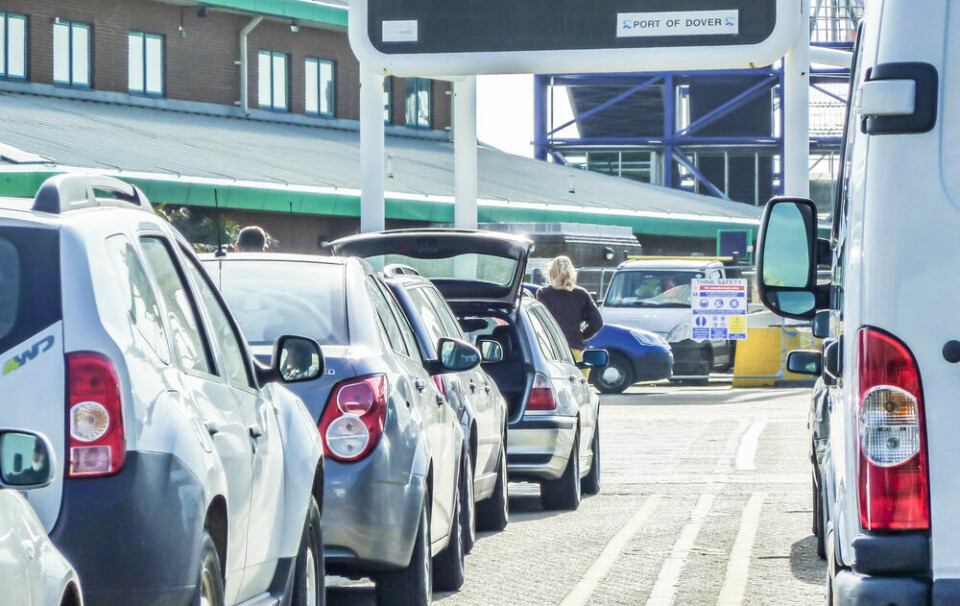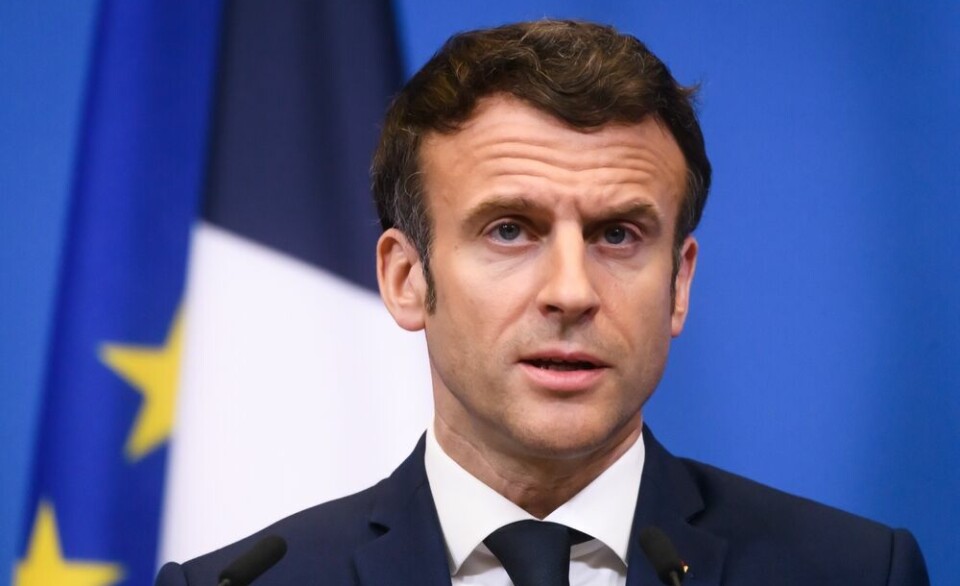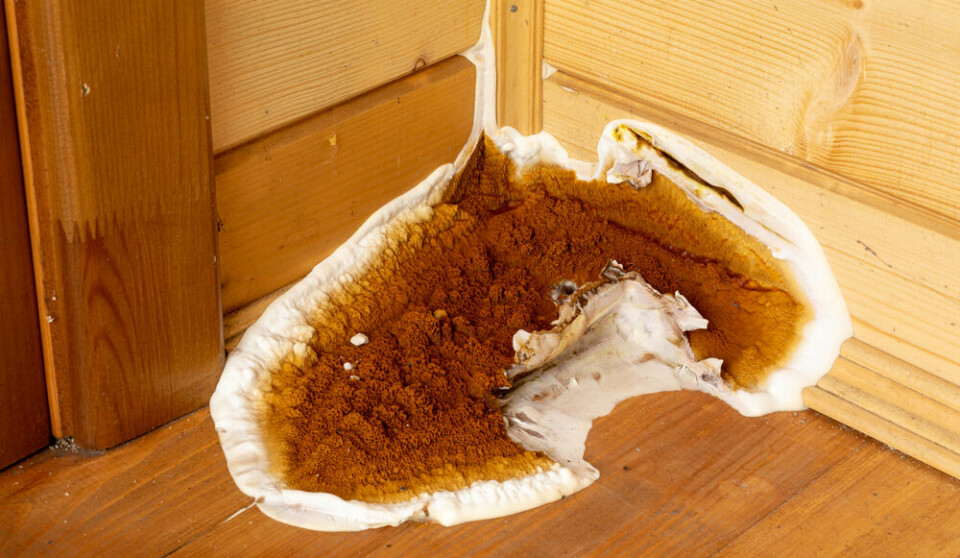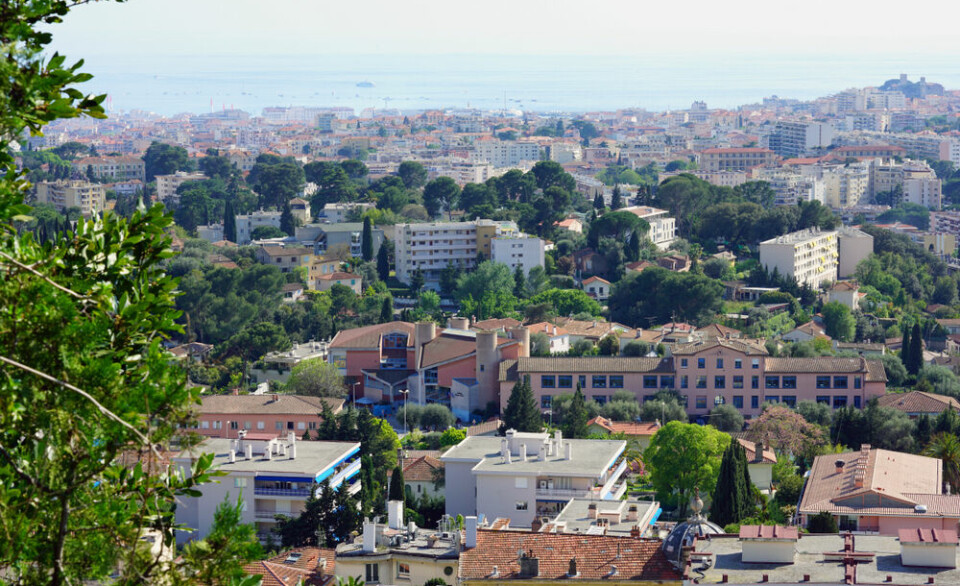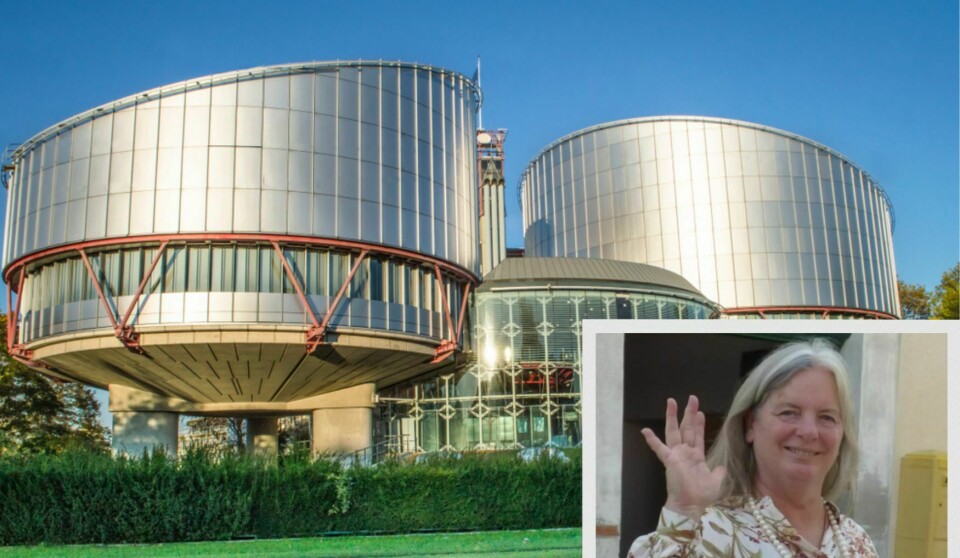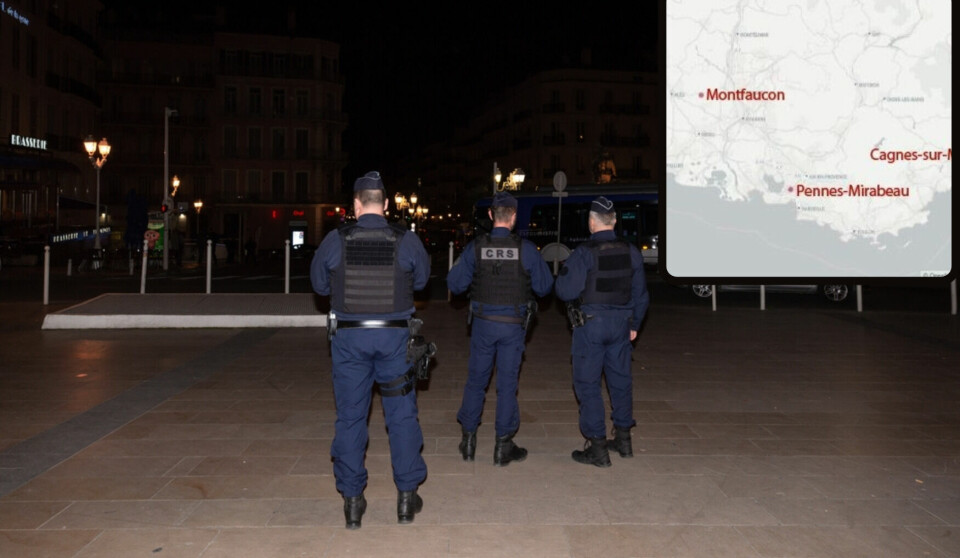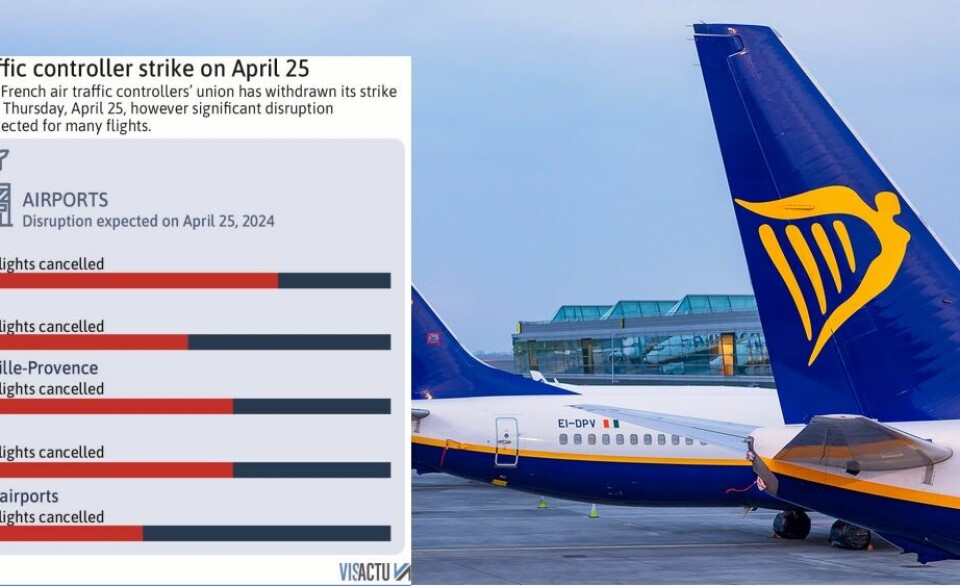-
Does everyone in France need to complete an income tax return?
Deadlines to complete declaration fall in May or June this year
-
French tax office to send reminder letters for missing property forms
Homeowners in France who did not complete a biens immobiliers declaration last year will get a chaser email or letter
-
What is the difference between a town and village in France?
The difference is sometimes based on population, but this is not necessarily the most important factor
Plan to end small taxes (and a big one) in France
From ‘exit tax’ to taxe d’habitation - latest announcements

The public accounts minister says he wants to ‘remove France’s little taxes, bit by bit’.
Gérald Darmanin will be asking the Prime Minister to allocate at least €200million in the 2019 budget to start axeing numerous small levies, such as a flour tax paid by millers that brings in around €58m/year, he told France Info. The government has also agreed not to create any new taxes that raise less than €150m a year.
The minister also said that the state’s plan to write off the SNCF’s debt will be financed by savings and not extra tax.
In May President Macron announced he wants to remove the ‘exit tax’ on businesspeople who emigrate from France, as of next year. It was brought in under Nicolas Sarkozy and is on ‘latent capital gains’ on companies at the date of exit. It aims to stop businesspeople moving to countries such as Belgium to sell their companies with no capital gains tax payable. Mr Macron says it puts entrepreneurs off from starting businesses in France.
All main homes are to be made exempt from the taxe d’habitation – but second-home owners will still pay it, say ministers.
Initially it is ending for 80% of main households, phased in over three years: a 30% cut in 2018, 65% in 2019 and exemption in 2020. It will then end for other main homes from 2021.
Eligibility for the first cuts is based on taxable income, for example, couples with less than €43,000 (you can check whether it applies to you at tinyurl.com/taxedhabcut).
If you benefit this year, this autumn’s statement for the tax will have a note showing how much the ‘remainder’ of the bill would have been. It means if you are charged more then it is due to new council rate rises.
The tax is one of the main sources of funding for councils and the government has promised to compensate them ‘to the euro’. However even keeping it on second homes, there is a hole of some €7.5bn that has not been budgeted for.
Some mayors raised their 2018 tax rate to get extra funds while they can. Ministers promised spending cuts and a report on other options was presented in May. It suggests a possible transfer of funds from the taxe foncière property tax or a transfer of national taxes such as from fuel tax, VAT or CSG social charge.







